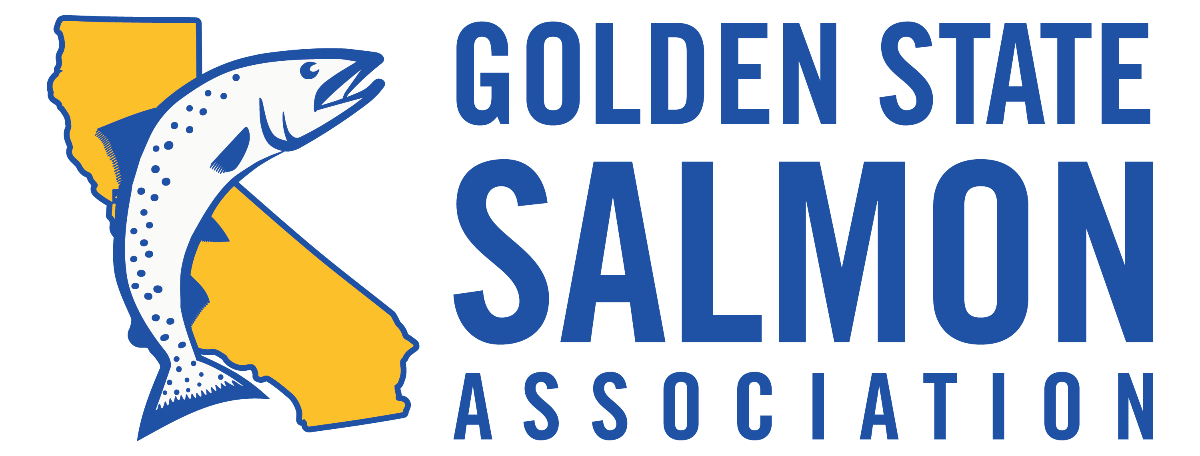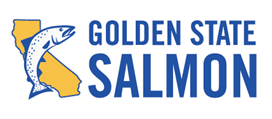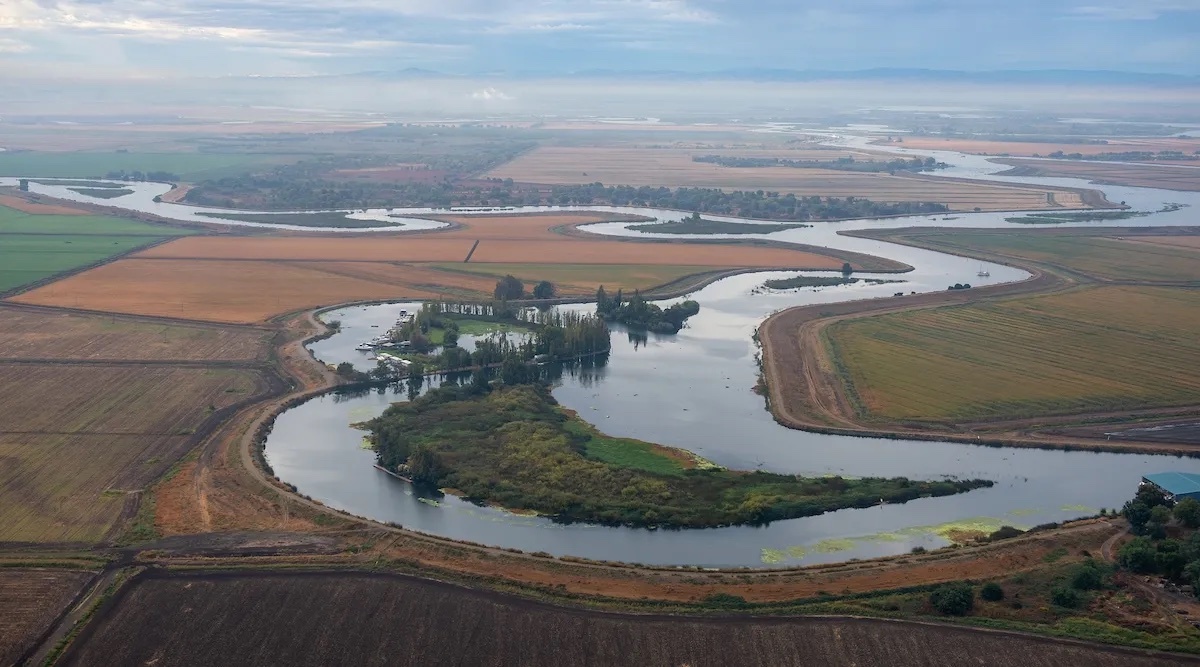From Sportfishing
Fish Report for 3-11-2023

Fishery Council Moves to Close California and parts of Oregon Salmon Fishing in 2023
3-11-2023
GGSA Staff
Water management decisions favoring agriculture tied to low salmon numbers
San Francisco -- Salmon fishermen and women, and many businesses that serve both the sport and commercial salmon boats, are staring at no income in 2023 as a result of moves to close the season. Coastal restaurants and hotels will also feel the hit.
The Pacific Fisheries Management Council (PFMC) just wrapped up a meeting on Friday March 10 where it adopted proposals to close the season. The Council (PFMC) will meet in early April and procedurally finalize the closure then.
The closure of salmon fishing affects all of California’s marine and inland waters as well as ocean salmon fishing off most of the Oregon coast.
This is only the second time in history salmon fishing has been closed in California. The decision was made due to low numbers of adult and two-year-old jack salmon that have survived the hostile conditions they’ve encountered in Central Valley rivers in recent years. All of these rivers are controlled by upstream dam operations. Dam operation decisions favoring agriculture over salmon survival have resulted in very poor natural salmon reproduction in recent years because lethal hot water left after dam releases for agriculture have killed incubating salmon eggs. In addition, strong releases of water in the spring needed to wash baby salmon safely out of the Central Valley to the ocean have been diverted or withheld.
“Commercial salmon fishermen and women are the only group of Californians that sustainably produce food from California’s natural resources,” said Joe Conte of Water2table, a local seafood distributor. “The closure of the salmon fishing clearly demonstrates that California isn’t taking care of the thousands of us involved in producing this incredible natural food.”
"Our local commercial and recreational fleets are devastated,” said commercial salmon troller Sarah Bates. “Those of us that depend on salmon have lost our livelihoods completely this year, and potentially next year. Aside from the economic impacts to our ports, communities and families, we are heartbroken at the condition of our ecosystems and frustrated at the colossal mismanagement of our public water resources."
“My customers come long distances to fish for salmon and they’re willing to pay good money for the chance of taking a prized salmon home,” said Andy Guiliano, owner of Fish Emeryville. “The boats in our harbor will suffer irreparable damage as a result of not being able to provide that experience and opportunity to people this year.”
“GSSA is working to address the chronic lack of water dam operators provide to salmon,” said GSSA president John McManus. “The Golden State Salmon Association is in court trying to get enforcement of existing laws to provide adequate water for salmon because water for salmon is water for people, the people throughout the state who make a living tied to salmon or who supply food for the family’s dinner table. We’re talking about a sustainable, natural food and good jobs that are being taken so that water is delivered only to the politically connected.”
“We’re relying on historic levels of state and federal hatchery production to repopulate our natural salmon runs at this point,” said Captain Jared Davis of the charter boat Salty Lady. “Adequate hatchery contributions are essential and were agreed to when the dams were built but they’ve been dramatically reduced in recent times. We need to take action to get our natural salmon back now and to support this iconic species and make a decent living like we used to.”
The Golden Gate Salmon Association is a coalition of salmon advocates that includes commercial and recreational salmon fisherman, businesses, restaurants, a native tribe, environmentalists, elected officials, families and communities that rely on salmon.
GGSA’s mission is to restore California salmon for their economic, recreational, commercial, environmental, cultural and health values.
Currently, California’s salmon industry is valued at $1.4 billion in economic activity annually in a regular season and about half that much in economic activity and jobs again in Oregon. The industry employs tens of thousands of people from Santa Barbara to northern Oregon. This is a huge economic bloc made up of commercial fishermen, recreational fishermen (fresh and salt water), fish processors, marinas, coastal communities, equipment manufacturers, the hotel and food industry, tribes, and the salmon fishing industry at large.
< Previous Report Next Report >
More Reports

3-10-2023
If you’re covering the forecasted or possible flooding in California’s Central Valley consider the following statement from John McManus, president...... Read More

3-10-2023
Recently we asked you to call the governor's office or add you name to our petition asking him to rescind...... Read More

Website Hosting and Design provided by TECK.net